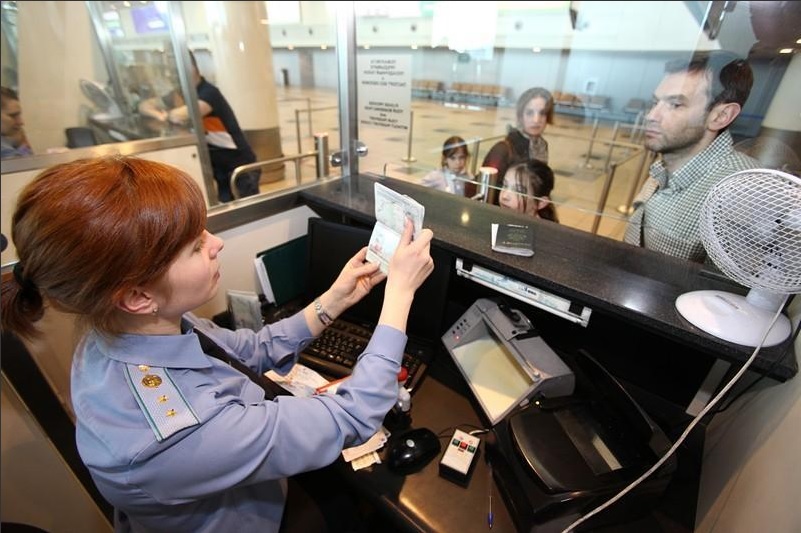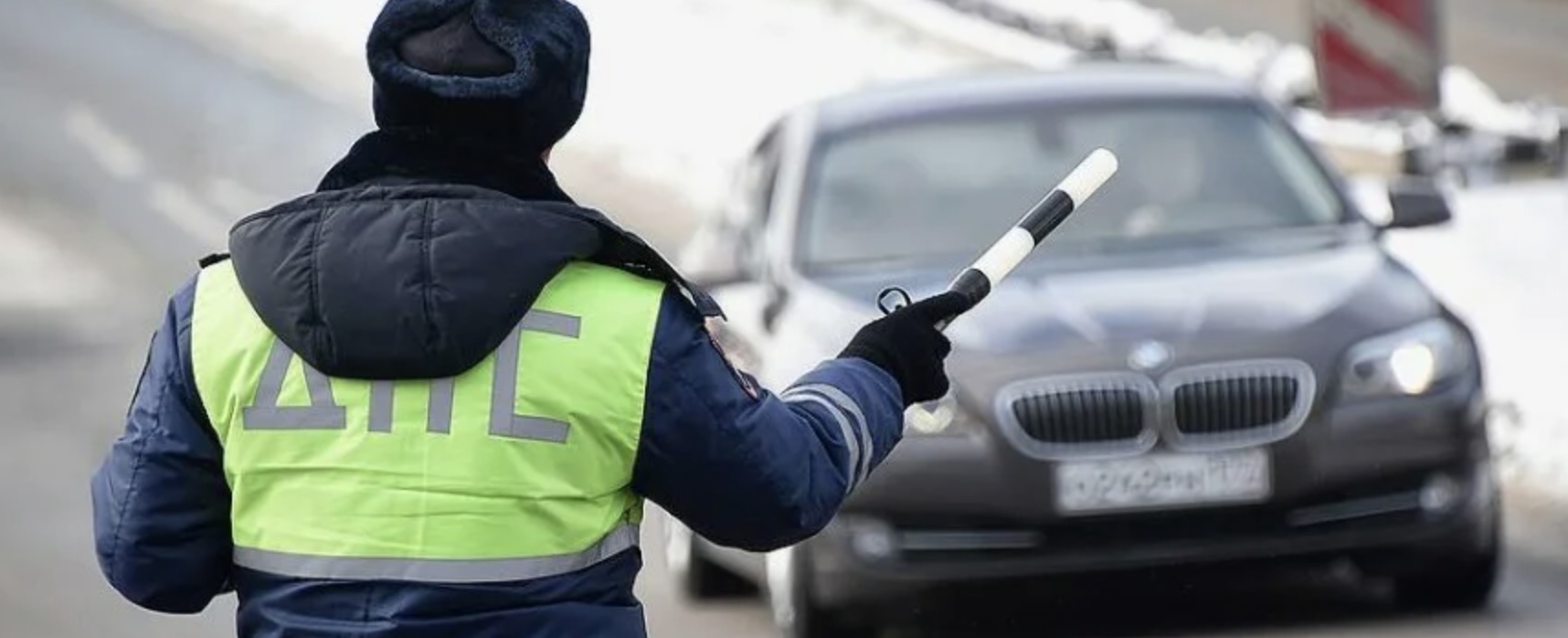Why You May Be Denied Entry to Russia
Alexey from Uzbekistan flew to Moscow to visit his sister. At the border, he was held for eight hours and then sent back. The reason? Three years ago, he overstayed his visit by five days. Alexey didn’t even know about the ban.
There are thousands of such stories. People buy tickets, plan trips, and only at the border do they learn — entry is prohibited. Sometimes for years.

How Entry Bans Work
An entry ban is a decision that can ruin plans and separate families. People usually find out about it while standing in front of a border guard.
Maria from Moldova worked in the Moscow region. She visited her children every month. In December, she paid for her work permit three days late — the bank closed early. Two months later at the border, she was told: “Your patent is canceled, entry banned for three years.”
The system works with no exceptions. One day overdue = years apart.
The “90 out of 365” Rule — A Trap for All
Since 2025, Russia allows visa-free stays for a maximum of 90 days. It sounds simple, but people often miscalculate.
Igor from Ukraine traveled to Moscow for work every two months. He thought enough time passed between trips. In June, he was sent back. Five-year ban.
Jamshid from Tajikistan overstayed by half a year — he wanted to earn money for his mother’s operation. Now he faces a ten-year ban. He can’t even visit his relatives.
Two Fines = Three-Year Ban
Smoking in the wrong place, speeding by ten kilometers, missing registration by a day — all are administrative violations. Two fines in one year = three-year ban.
Aziz from Uzbekistan worked as a courier. He sped, paid the fine. A month later, smoked a cigarette at a bus stop — another fine. A year later, came to friends’ wedding, but at the border was told: “Entry denied.”
It’s especially hard for those who don’t know Russian well. They signed the protocol without understanding, paid — and only then realized it was a second violation.

Mistake in the Application = Ban
Wrong purpose of visit, mixed up dates, forgot to mention a trip — border guards will suspect deception.
Sergey from Kazakhstan came as a tourist and for work. In his application, he wrote only “tourism,” forgetting about business trips. Guards compared with the database, found a mismatch, and turned him away. Now, for three years, he cannot attend exhibitions, even as the head of a major company.
It’s worse with fake documents. People may not realize their certificates are invalid. Someone bought a proof of income from an acquaintance — it turned out to be a forgery. Result: ban.
Debt Blocks the Border
If you owe the state — forget about entry. The amount doesn’t matter. Even a 1,000-ruble fine will block the border like a million-ruble debt.
Anna from Armenia forgot to pay her last month’s work permit tax — 3,000 rubles. She left, tried to return to her employer a year later. At the border, she learned of the debt and the ban. She had to send money from Yerevan and wait a month.
It’s especially hard for those who were deported. The state demands reimbursement for deportation costs — often tens of thousands of rubles. Until paid, the border stays closed.
Diseases That Prevent Entry
With tuberculosis, syphilis, or HIV, you won’t be allowed in. The exception: HIV-positive foreigners who have close relatives in Russia.
Muhammad from Afghanistan was treated for tuberculosis two years ago. The disease was cured, he had medical papers, but at the border, doctors found traces of infection. Entry was denied until a full examination.
When Security Agencies Say No
FSB, SVR, and Ministry of Defense can block entry without explaining why. Participation in unwanted organizations, connections to “wrong” people, or careless social media posts — any of these can be a reason.
Ahmed from Syria studied at a Russian university, then returned home. A year later, he tried to visit friends but was denied entry. No explanation given. Lawyers believe it’s because he joined student protests five years ago.
Such decisions are nearly impossible to challenge. Security agencies are not required to disclose their methods or sources.
You Only Learn About the Ban at the Border
There is no prior warning. You buy a ticket, go to the airport, check in — and only at the very end you hear: “Entry denied.”
Elena from Lithuania planned her vacation in St. Petersburg for six months. She booked a hotel, bought theater tickets, took time off. At the border, it turned out — three years ago she was fined for smoking in an airport, and a year later for wrong parking. Two fines = ban.
Nobody refunded her tickets or hotel. The trip was ruined.
Families Are Separated for Years
Fatima from Dagestan married an Azerbaijani citizen and moved in with him. Years later, she decided to visit her parents but found that she had previously overstayed her visit. Five-year ban. The children can’t see their grandmother, the parents can’t see their daughter.
Russian women who take their husband’s citizenship fall into the same trap. Formally, they are foreigners and can be banned from the country where they were born.
Patent Traps
The patent payment system is so complicated that even experienced workers make mistakes. Wrong bank details, typos in the tax number, a single day late — any mistake cancels the patent.
Ravshan from Uzbekistan worked in construction. He paid regularly, but in December the accountant got the bank details wrong. The money went to the wrong place, the patent was canceled. Ravshan didn’t know and kept working. A month later, he was caught during a check — turned out he had been in the country illegally for a month.
Who Makes the Decision
Every ban is decided by an agency. The Ministry of Internal Affairs handles migration, FSB covers security, Rospotrebnadzor deals with medical issues. But for a person, it doesn’t matter. What matters is — the road is closed.
The system works automatically. The computer finds a violation, generates a decision — that’s it. The human factor is excluded.
How to Lift a Ban
It’s possible, but slow, expensive, and with no guarantees. First, you have to find out the reason — which can take a month or two. Then gather documents, hire a lawyer, go to court. The process can take years.
Experienced lawyers say the chances of lifting a ban in court are 50/50. Much depends on the reason and how well the case is prepared.
Simple cases — bans for overstay without aggravating circumstances. If there are family ties, work, or study — courts sometimes help. But if it’s about security, there is no chance.
The Only Protection — Caution
The safest way to avoid problems is to strictly follow the rules. Watch your dates, pay fines on time, fill out documents correctly, work only with permits.
Sounds simple, but the migration system is so complex that even experienced people make mistakes. Laws change constantly, requirements get stricter, and there’s little clear information.

The Cost of a Mistake
An entry ban is not just a stamp. For millions from former republics, it means being cut off from a part of life. Russia is a place for work, study, healthcare, and meeting family.
One wrong move, one mistake, one late payment — and a person doesn’t see their kids for years, can’t visit sick parents, or work in their field.
The system is designed to protect the state but often turns into a machine that punishes mistakes. And people only find out about their punishment when nothing can be done.
Alexey’s story ended well. He found a lawyer, gathered documents, proved in court that the overstay was because his sister’s child was sick. The ban was lifted after a year and a half. But most people are not so lucky.
The line between “allowed” and “not allowed” in Russia is thin. And it’s easier to cross than you think.
Sources: